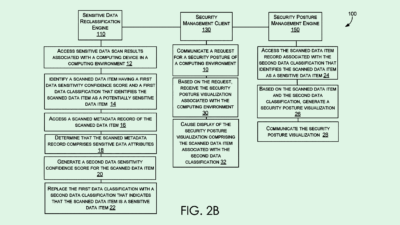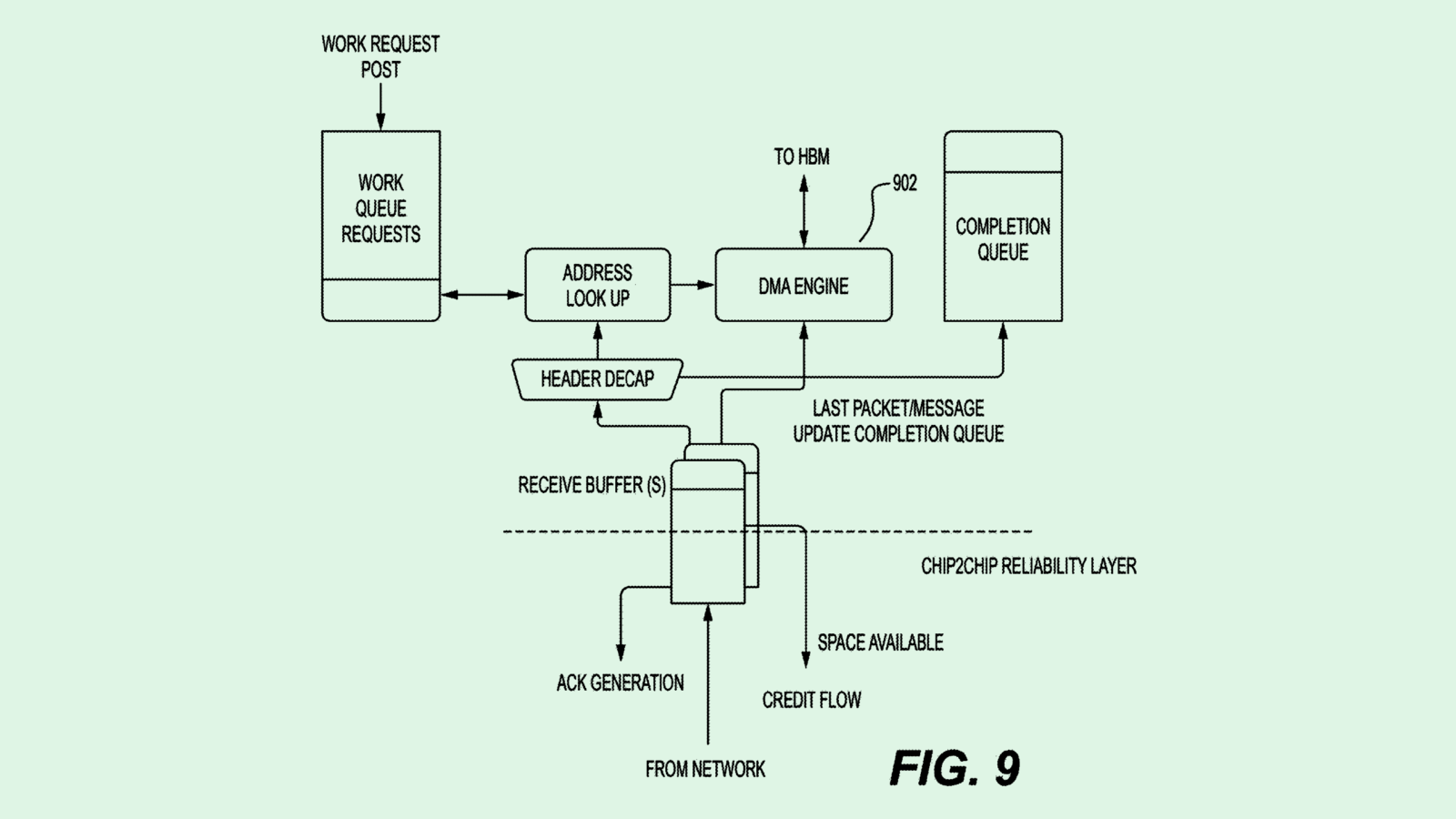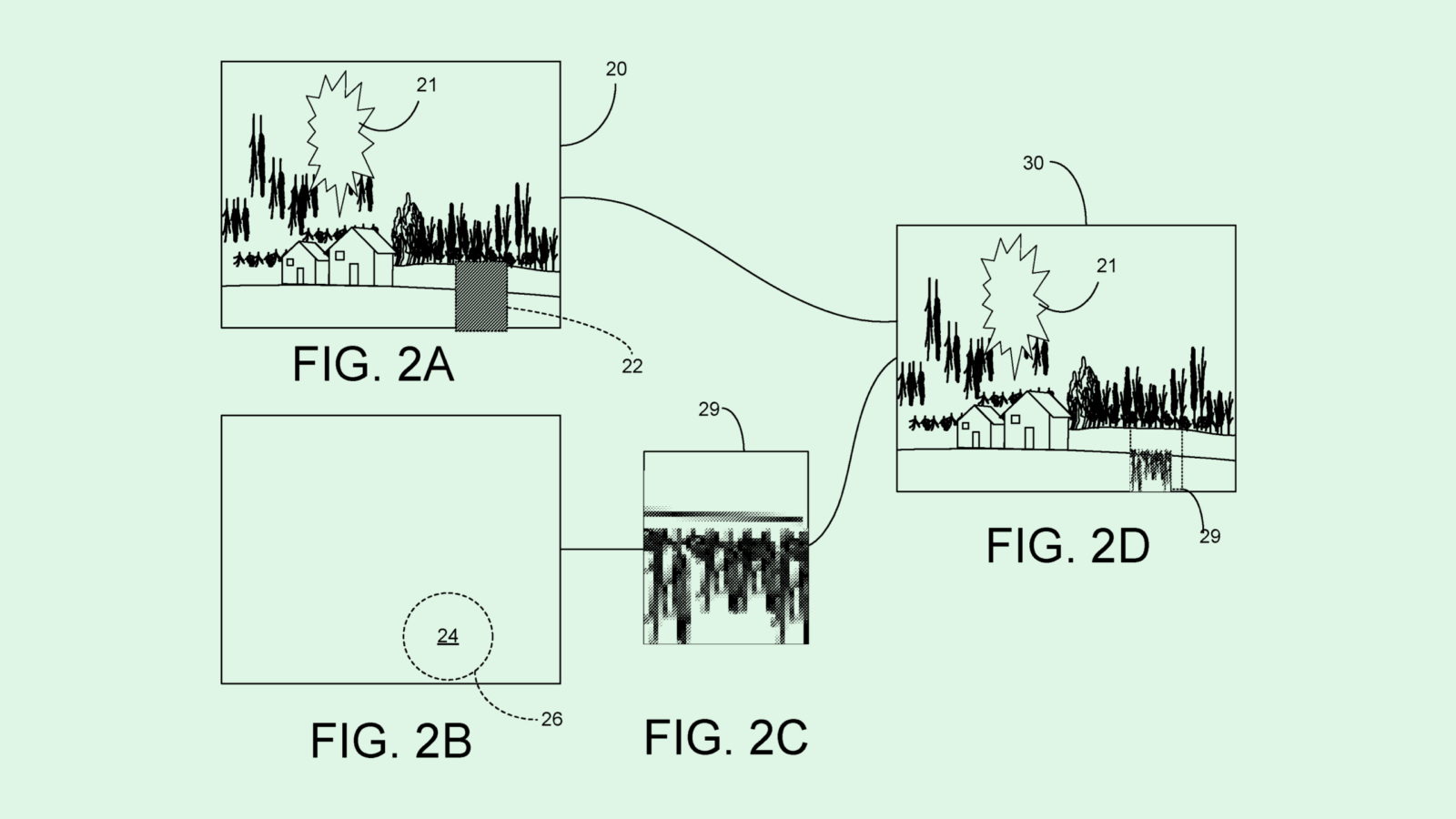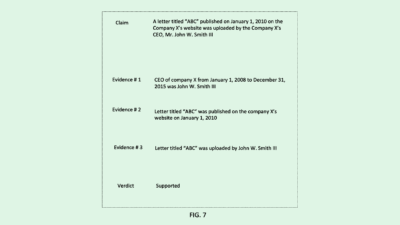PayPal Behavior Tracking Patent Adds to its Advertising Bid
PayPal’s recent ad tech patent could track user behavior to better target deals.
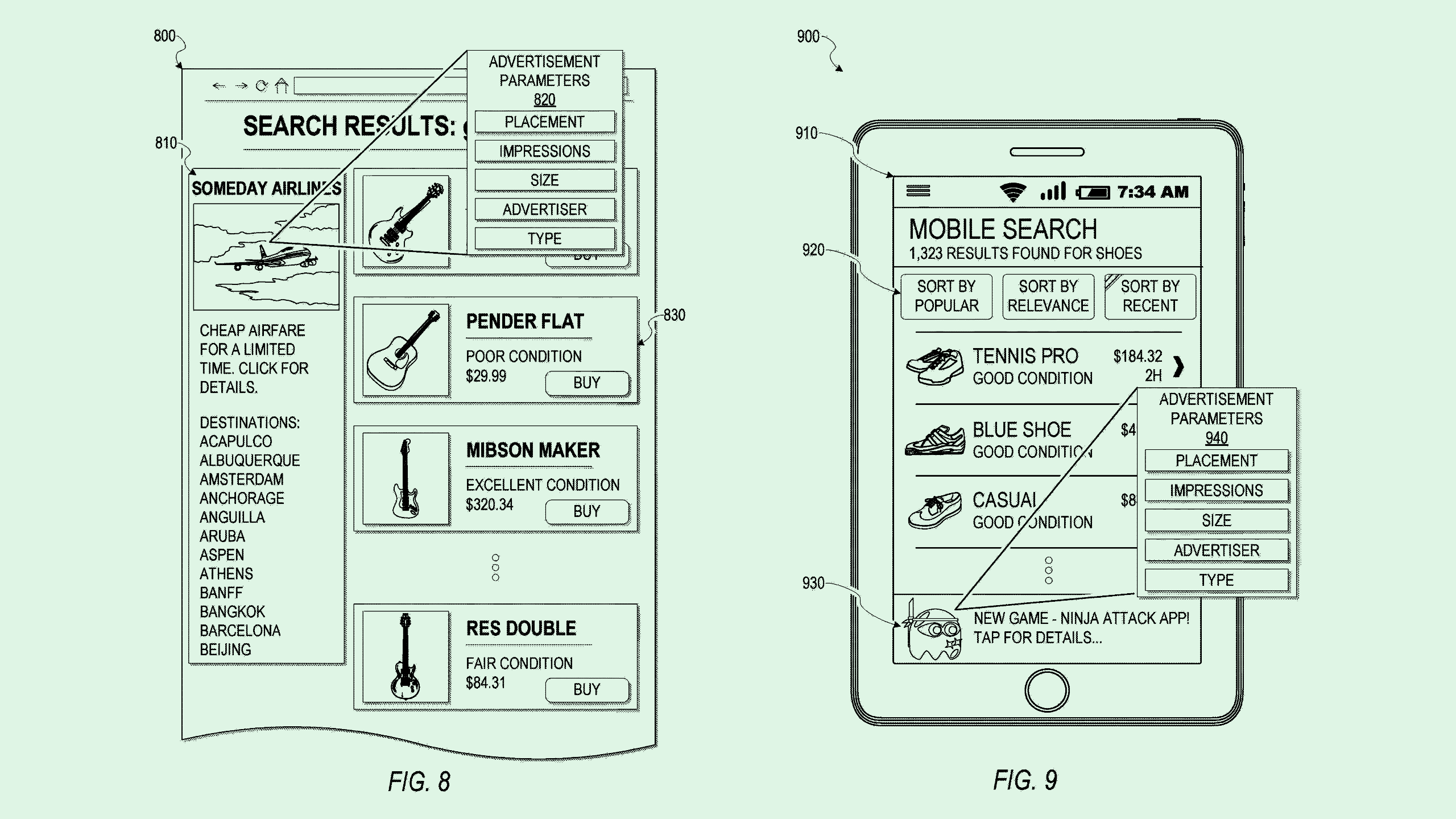
Sign up to uncover the latest in emerging technology.
PayPal wants to make sure its ads are doing what they’re supposed to.
The fintech firm filed a patent application for “advertising cannibalization management.” For reference, advertising cannibalization occurs when a company over-advertises (or when two companies’ advertisements compete for user attention), and subsequently loses customers that it would have otherwise had.
“Digital advertising has become a significant source of revenue for many online companies,” PayPal said in the filing. “However, excessive advertising can cause a loss in sales revenue for websites that sell products to consumers.”
To avoid this, PayPal’s tech tracks user behavior metrics from page to page of a website, specifically tracking interaction with “interface elements” that lead to different pages, like buttons, links, and, of course, digital ads.
Based on that data, PayPal’s tech calculates a “presentation value” to quantify how effective an ad would be through any given interface element. Using those values, PayPal’s tech then can dynamically adjust ad placement on a website to promote engagement and personalize user experience, as well as prevent competition between advertising companies.
This isn’t the first time we’ve seen PayPal take an interest in digital advertising. The priority data on this patent alone traces its interest in this tech back roughly a decade. But PayPal officially joined the digital ad business in late May, when it launched a new business division called PayPal Ads to leverage its vast amount of user data to benefit advertisers.
The division would utilize data from user purchases as well as information from spending patterns of users across Venmo and PayPal. The company also began testing a platform called Advanced Offers, which uses AI to target users with special discounts.
“Commerce and advertising are deeply connected, and we believe that the advertising platform we are building at PayPal will become a must-use marketing channel for merchants big and small,” Diego Scotti, EVP and general manager of the company’s Consumer Group and Global Marketing and Communications, said in a statement at the time.
PayPal followed in the footsteps of JPMorgan Chase, which launched its own “digital media business” called Chase Media Solutions in April. And Visa previously sought to patent a way to monitor user spending habits using AI to target special offers to users. Given the sheer amount of data that these companies have access to on a day-to-day basis, it makes sense that they’d want to put it to use.



